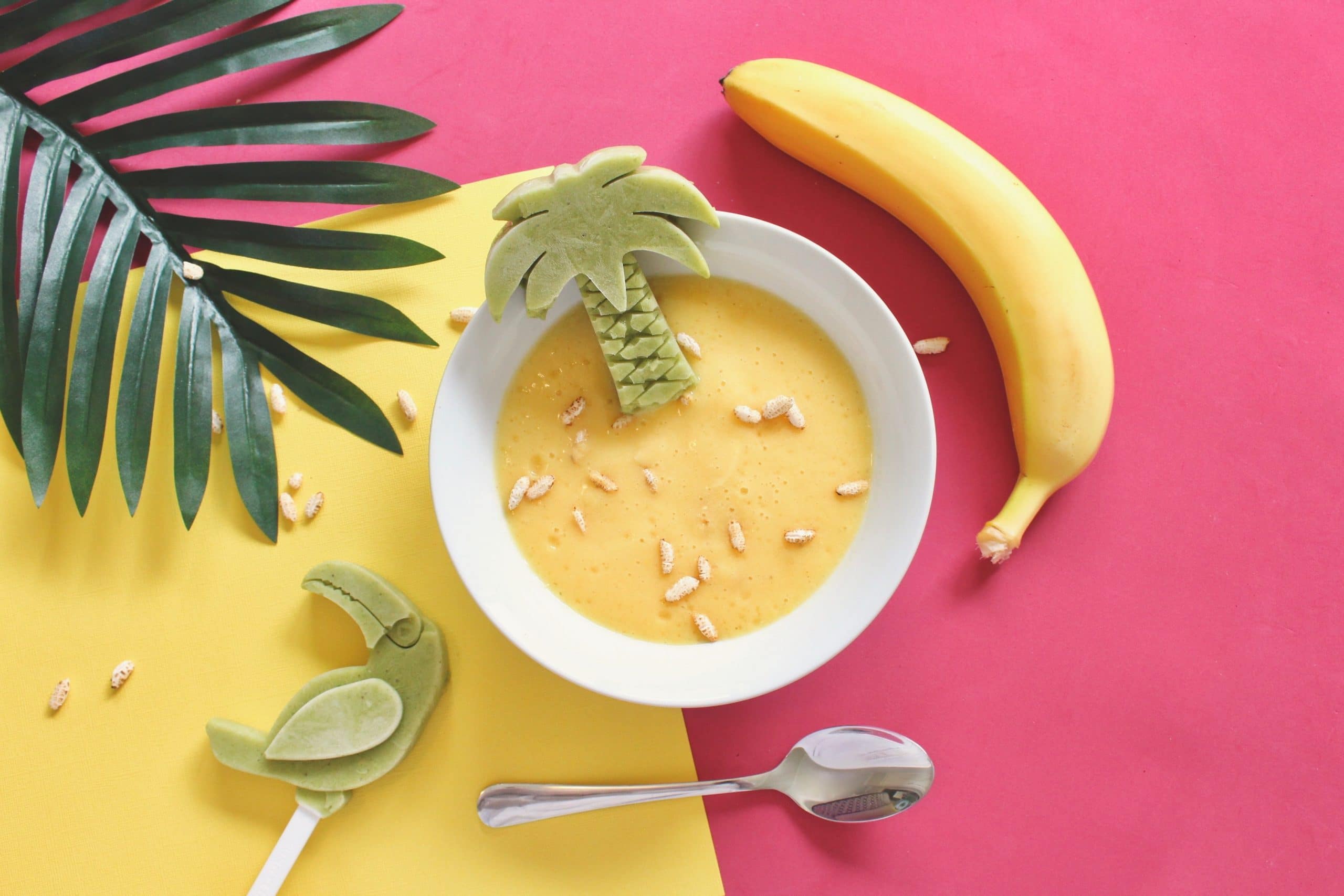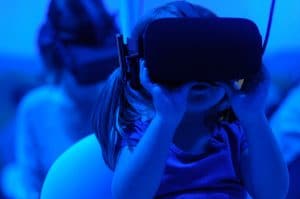How about your tech, would you like some fries with that? Swedish tech food designer Erika Marthins says: why not? The designer believes that bringing tech to our food will help us see it less as a strange intruder of our realities and more as part of ourselves. Are we talking about eating wires or transistors? Not at all. Marthins’s elegant creations use tech through appropriate means in order to make food interesting.
One of her inventions is a chocolate vinyl record that actually plays music. This dark chocolate delicacy can play your favorite tunes and then offer you a treat as delightful as music to your ears. How about edible robots that autonomously move in your plate? I am not so sure about this one as it may conjure images of live animals about to be consumed… Consider, then, the clever lollipops that carry a hidden message read by bending light inside of it. Candy with a free science lesson!
While Marthins’s creations range from the bizarre to the cute, the mix of tech and food will only become more prevalent in the future. Just as in other applications, technology will be enlisted to solve intractable problems. Consider the growing needs of a burgeoning global population. Can we continue to feed all humans without causing significant harm to our planet?
That is why the case for lab-grown meat is becoming more compelling. Our passion for animal protein forces larger swathes of arable land to be used for cattle. It also diverts the production of staples from feeding humans to feeding the animals humans will eat. It is clear that this production chain is not sustainable as a growing global middle class demands access to meat.
The idea of lab-grown meat can sound gross until you start seeing how it could help address the problem described above. Certainly there are concerns about safety and long-term health effects. Can we trust human-made processes to deliver what nature has provided for millions of years?
The underlying question in this debate is whether using tech to improve food yields is inherently good. We tend to see “natural” as synonymous with “good.” In this perspective, technology-enabled processes, which are considered artificial, are seen as harmful or at least inferior to natural processes.
Reality Changing Observations:
1. What technology have you personally encountered in food, whether in the form of novelty snacks or sustainable inventions?
2. Read the last paragraph. Do you agree? Are there grounds to challenge the assumption that natural is good and artificial is bad?
3. As we develop food technologies, what’s on your wish list–something that doesn’t exist yet, but could in an ideal world?





